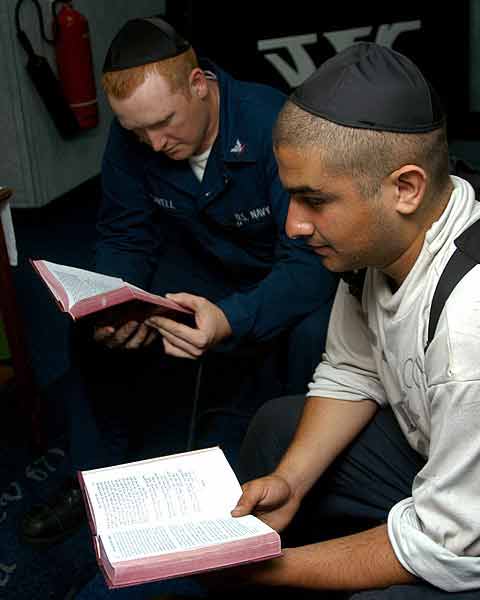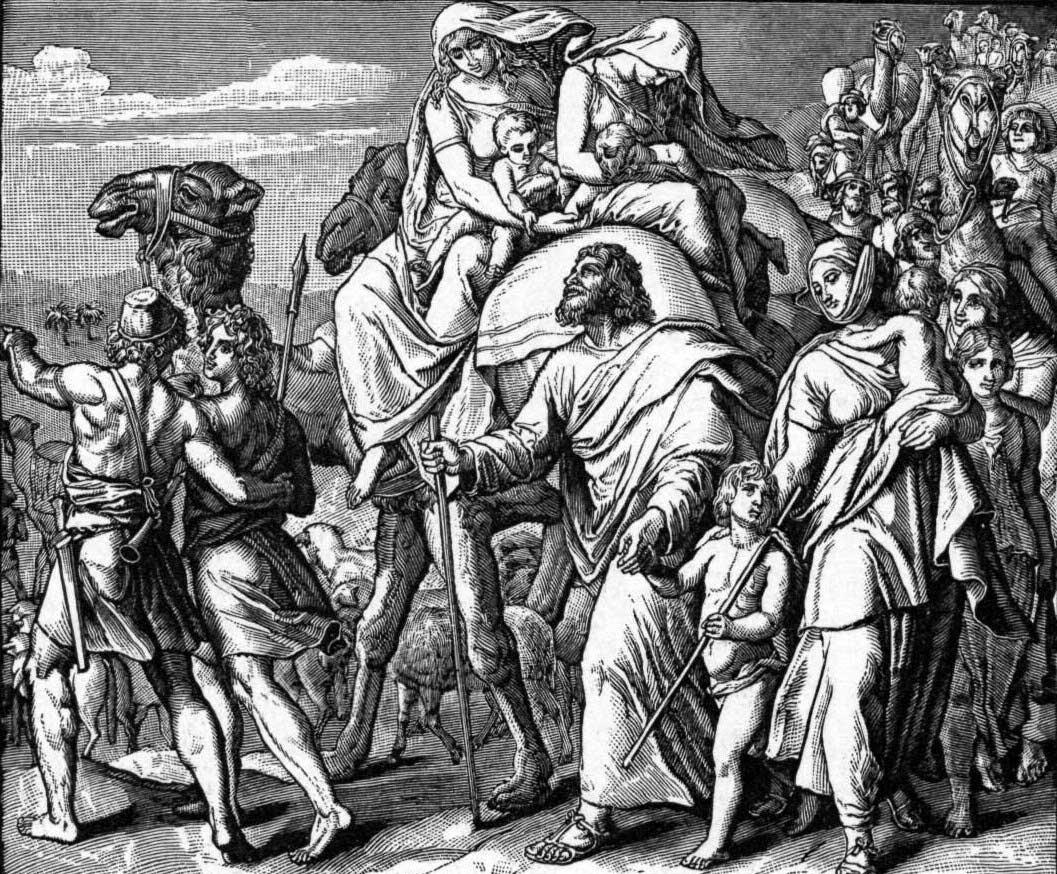For survival, newborn Israel continued untiring efforts in several areas including – settlements building, water supply, agriculture, fish farming, etc. As these efforts persisted, the Israeli stalwarts gave a special push to develop Israel as a ‘society’.
After the Israeli War of Independence ended, and once ‘existence’ itself ceased to be a question, the social life in Israel started getting back to normal. Though not all the problems had ended until then, facing them was not new for the Israelis. They had got used to living with issues. Thus, instead of making a fuss about the difficulties, they began living with them as normally as they could. Much like any other human society in the world, the Israelis went about their daily chores, jobs, businesses, religious practices, loving their society, developing various spheres of arts, hobbies and enjoying entertainment.
A typical working day in Israel begins early. Schools start early, that is around 7 in the morning, and also the offices start at about 8 a.m. 5 in the evening is the time when most people get free from work. In the afternoon, at a few places, the work makes way for rest hour due to the unbearable heat.

Israeli society has its own distinct attributes. In Israel, the starting of the week is not Monday like the rest of the world but Sunday. Saturday is the weekly holiday while offices, schools leave early on Friday as the Jews observe their weekly ‘Sabbath’. It is one of the essential tenets of Judaism for which such an arrangement is made. Sabbath, which begins at sunset on Friday ends at sunset on the following day, Saturday.
All works pause during the period of Sabbath as the Jews stay at homes to peacefully contemplate to reflect over, pray and read religious texts. During this time, roads in Israel are largely deserted, and mostly, only the non-Jews are seen in public. Also, the public transport systems function at their bare minimum.
For the Jews, the pilgrimage to the city of Jerusalem has always been and continues to be a part of their annual plans. It is the city that holds maximum religious importance for them. Every year, Jerusalem welcomes hundreds and thousands of such pilgrims and tourists.

Though the Israelis spend their weekly holiday in a manner mentioned above, the various ways and means of entertainment, similar to the other parts of the world, are available throughout the week in Israel.
The types and means of entertainment of the ordinary Israelis have gradually changed with time like they have for the people of any other nation. In the decade of 1950-60, when the television had not become commonplace, and telephone was considered pricey, entertainment mostly meant chit-chatting with friends, relatives or well-wishers by visiting them or calling them over to your place, going to gardens, attending public programs or sports matches. Later, with the advent of television, it became one of the chief sources of entertainment. This replacement happened across the globe. Subsequently, the changing times also gradually modernized the mediums of entertainment.

Many of those living in the other countries, who have just heard about Israel, limit their understanding to identify Israel only as a ‘hot, desert land’. In their perception, Israel is commonly considered to be devoid of modernity. Only after one visits Israeli cities, this wrongful image is wiped off. The important cities of Israel are as developed or advanced as their western counterparts.
The three cities of Jerusalem, Tel Aviv-Jaffa and Haifa, are the main cities in Israel. From much before, settlements came up in these cities and only when they were found inadequate, did the idea of ‘development town’ came forward. With these cities being created and developed from a long time, one can see the maximum population settled in and around them. As a result, various means of entertainment like cinema halls, theatres for orchestra and drama, theme parks, museums, etc. have developed in these cities.
The city of Tel Aviv is so modern that compared to any other city in the West, it is no less. Tel Aviv, in fact, was created as a suburb of Jaffa after the population there began increasing rapidly. However, within a few decades, the extent of the development and growth Tel Aviv reached was so much that later, Jaffa went on to be a part of Tel Aviv. Today, Jaffa falls within the limits of the Municipality of Tel Aviv-Yafo.

In Tel Aviv, businesses, especially those who are science and technology-driven, have grown the fastest. Thus, the residential areas of the people working in them have grown within and outside the city limits at a brisk pace. It was here that the pilot project for the settlements in the form of modern, western, multistoried buildings came up for the first time. Besides, the city also saw the use of efficient and effective town planning from its early days. Consequently, Tel Aviv was able to accommodate more number of people.
Moreover, from the start, the city is home to embassies and consulates of a large number of nations because of which one can find foreigners in greater number in the city. Thus, as one would expect, along with the aforementioned means of entertainment, the city is also a host to modern ways of entertainment, considered a part of the Western culture, like clubs, discotheques, etc. After the evenings, large crowds fill up all the places of entertainment.
These are some of the aspects of social life in Israel. However, the social life here has many other facets as well…. (To be continued…)


















